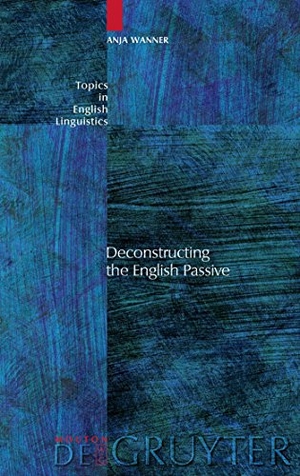Für statistische Zwecke und um bestmögliche Funktionalität zu bieten, speichert diese Website Cookies auf Ihrem Gerät. Das Speichern von Cookies kann in den Browser-Einstellungen deaktiviert werden. Wenn Sie die Website weiter nutzen, stimmen Sie der Verwendung von Cookies zu.
Cookie akzeptieren
Anja Wanner
Deconstructing the English Passive
- De Gruyter Mouton
- 2009
- Gebunden
- 240 Seiten
- ISBN 9783110196320
This book analyzes the form and function of the English passive from a verb- based point of view. It takes the position that the various surface forms of the passive (with or without thematic subject, with or without object, with or without by -phrase, with or without auxiliary) have a common source and are determined by the interplay of the syntactic properties of the verb and general syntactic principles. Each structural element of the passive construction is examined separately, and the participle is considered the only defining component of the passive. Special emphasis is put on the existence of an implicit argument (ususally an agent) and
Mehr
Weniger
zzgl. Versand
in Kürze